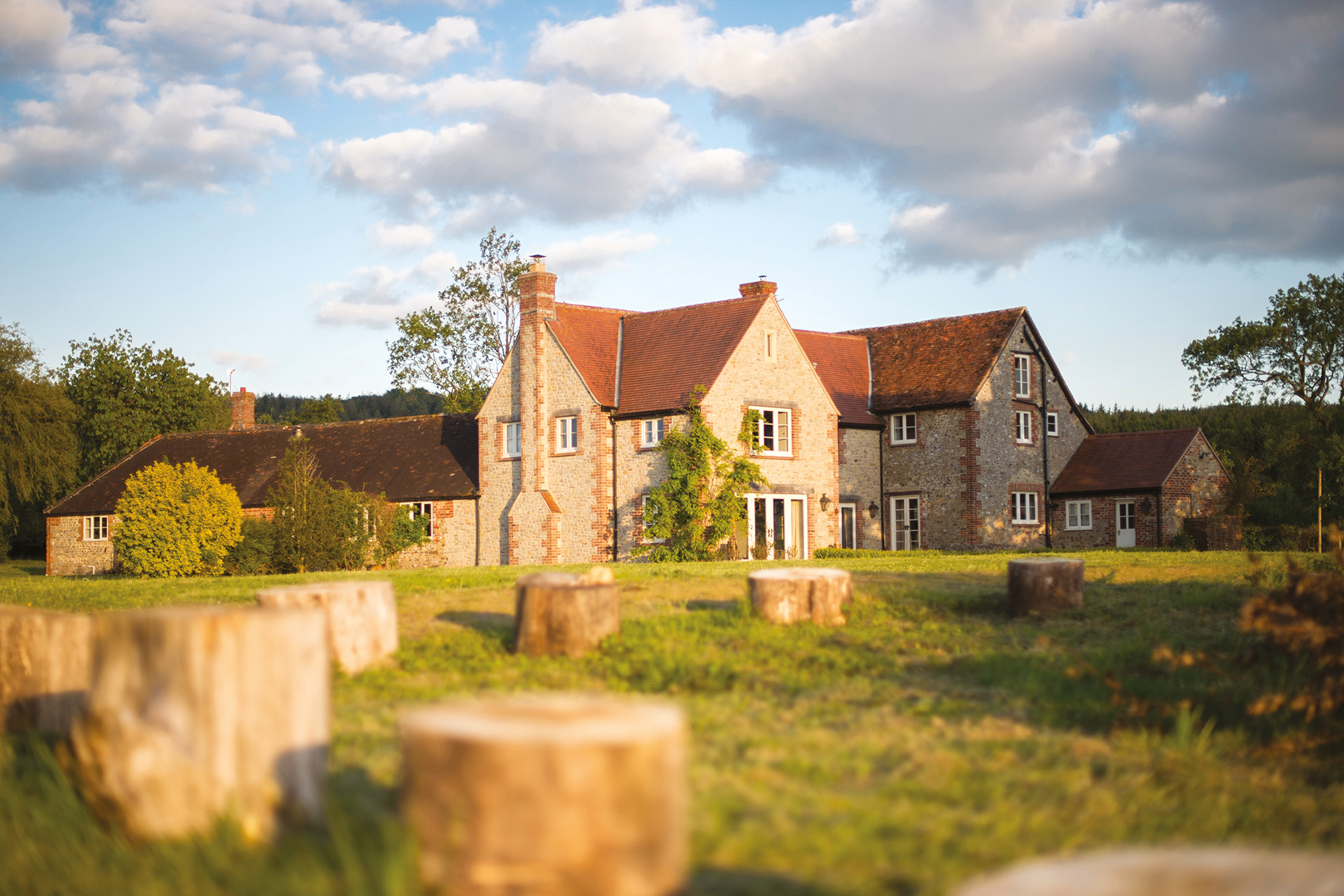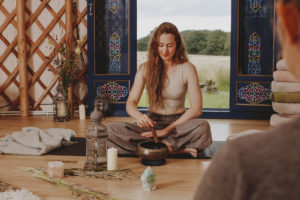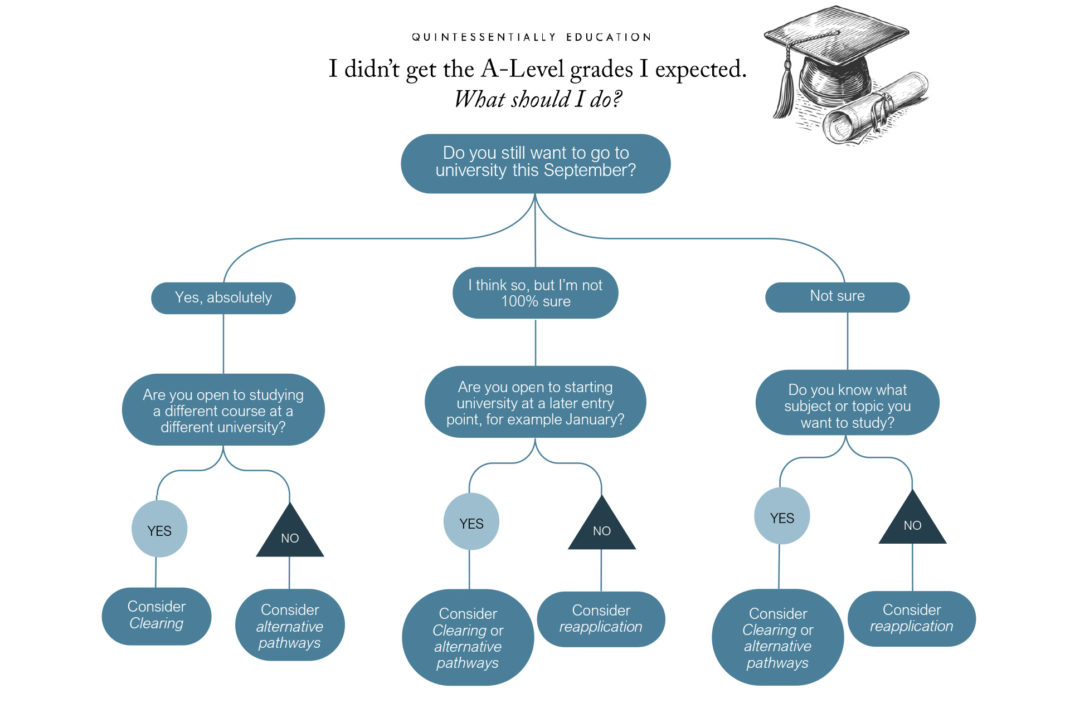Do Your Teenagers Experience Social Anxiety? This Retreat Could Be For Them
By
2 years ago

Retreats run by experienced practitioners can help teenagers ward off social anxiety, says Annabel Heseltine

Farmhouse at 24 Acres
This August, 14 girls aged 14 to 16 gathered on retreat at 42 Acres, a 200 acre farm in Somerset where beavers are naturally re-landscaping the woods; tree stumps like sharpened pencils stand sentinel in muddy wetlands alive with birds and insects. A mist hangs over a silken lake ethereal in the early morning sun. It’s not likely but perfectly possible, that if they stand still, they might hear a shy scuttle of a wild boar. Like his neighbour Ben Goldsmith, Seth Tabatznik has created a haven of wilderness with a beautiful retreat space for those looking for respite from an increasingly hectic and sick world. It was just the place for Natasha Richardson, 34, a life coach to launch her first teenage retreat Rewire, ‘to give girls the space to explore who they are and where they are going without feeling judged’.
‘They are young, but we are getting so many more requests for retreats for young adults and teenagers,’ says Victoria Fuller, founder of The Global Retreat Company, which is supporting Richardson; to ensure wraparound care Richardson has invited Pippa Richardson, founder of the Girlness Project and a somatic therapist to work with her over the two and a half days. ‘The girls had to sign up for handing in their phones at the beginning of the retreat. They didn’t get them back until the end but the emphasis was on keeping it light and fun with forest-bathing, breathwork and yoga, campfire chats and being outside.’

Sound Bath experience
The weekend clashed with a popular Cornwall festival but, says Fuller, that’s no bad thing. ‘My daughter doesn’t have any mental health difficulties, but she is a slam dunk introvert and hates festivals. They did talking group work, sharing how they felt, the pressure of social media but there was also dancing, music and talks by a successful musician.’ The aim of the retreat was to head off future mental issues.
‘I am saddened and upset by the way teenagers are feeling,’ says Richardson, drawing on her experience of teaching well-being in schools. ‘Schools ask what do you excel in, not what do you love,’ she adds, pinpointing the catalyst of such anxiety as social media. ‘I have had so many talks, discussions and research groups with teenage groups, largely girls and there is this feeling that they don’t want to be online, but they don’t know how not to be.’
Her thoughts are echoed by a growing body of scientific research suggesting that smart phones and social media have contributed to the anxiety epidemic more than previously acknowledged, and that while the pandemic undoubtedly accelerated the rise in levels of anxiety, the trend was there well beforehand. ‘Smart phones were used by the majority of Americans around 2012, and that’s the same time loneliness increases. That’s very suspicious,’ says psychologist Jean Twenge, who studies generational trends at San Diego State University, and this year bought out a book, Generations, encapsulating her research.

Frieda bedroom at 42 Acres
In 2017, by which time in the UK, 96 percent of all 16 -34 year olds owned a smartphone, she warned of a new trend of mental health deterioration among teens and young adults caused by phones and associated social media. Now she is being listened to. Studies asking critical questions about its impact on teenage depression support her theory. ‘The picture is getting more and more consistent,’ said economist Alexey Makarin, an associate professor at MIT.
But girls like Alexandra (name-changed) didn’t need a Harvard professor to tell them what they already know. ‘There is so much pressure to be yourself, and also to be perfect, but to be yourself you have to make mistakes,’ explains the bright, vivacious 20-year-old girl who swapped her smart phone for a ‘brick’ while at a girls’ boarding school to protect herself from the media messages worrying her. Now she is at a Russell Group university but still wrestling with anxiety, feeling that the challenge of standing out in her peer group is overwhelming. ‘In my grandmother’s time, very few went to university, those that did went on into a career but now everyone goes to university, so it’s much more competitive. Yet we are still expected to be just as successful,’ she explains.
‘Kids get caught up in this bind, seeking an identity in a much more fluid world, wondering what to do when they grow up,’ says Joshua Dickinson, a London-based trauma therapist with a background in addictions who treats patients aged 14–74 for mental health problems using EMDR through music and tapping. He urges parents to learn more about the neuroplasticity of the teenage brain and to stand back and let therapists support their children. ‘They are told at school you have got to think about your career, put your own life first and do what you need to do. But then they are also told that they have to do what their parents and teachers tell them. That’s very confusing.’
Not all social media is bad. ‘A phone provides social connections, especially for those with quite niche interests who feel lonely,’ says Dickinson. ‘That’s powerful. Kids report receiving support from other people on TikTok, Snapchat or Instagram; presenting their work online can be positive, reaffirming creativity, self-expression and pride. So it’s a tool.’ But a tool which can easily sabotage what in earlier generations would have been the carefree days of young adulthood. ‘There is a fear, and it’s not just around climate anxiety although that’s in the mix too, of the unknown, what could happen to them, especially online because of the speed with which things happen.’

42 Acres Retreat
Dickinson is seeing a large increase in the diagnosis of anxiety-exacerbated conditions; eating disorders, gaming addiction, self-harm, irregular substance abuse, alcoholism, as well as added anxiety around sexual identity. In 2017, he opened Resurface, offering surfing retreats in Morocco, UK and USA treating trauma. ‘Learning to surf puts you in the flow channel, in the zone, where stress and trauma of daily life seem to dissolve,’ he says. Like Richardson, he feels that giving young adults an opportunity to retreat is a way of heading off escalating mental health problems. The good thing about trauma is that it can be treated, he says. The trick is to catch it as early as possible before anxiety becomes a way of life.
More information about The Global Retreat Company
theglobalretreatcompany.com


